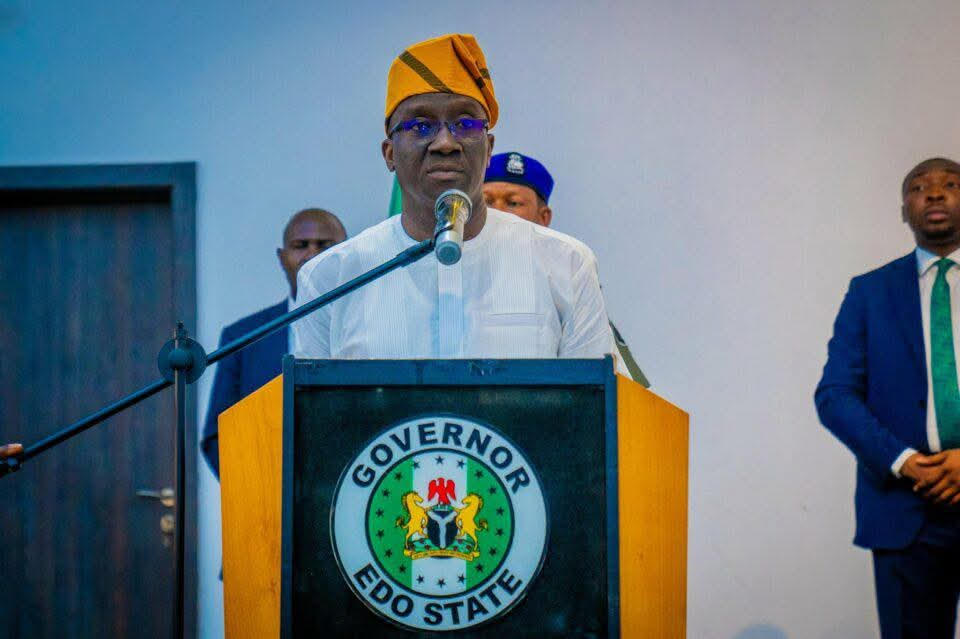By Anne Azuka
The Asagba of Asaba, Obi Epiphany Azinge, has expressed the readiness of his palace to partner with the National Orientation Agency (NOA) in promoting national morals and values among the indigenes and residents of Asaba.
Obi Azinge made this known at his palace during an advocacy visit by the Delta State Director of the NOA, Mrs. Tracy Ikolomi, who led her management team to seek the monarch’s support.
The traditional ruler, a Senior Advocate of Nigeria (SAN), emphasized the need for the agency to intensify efforts in sensitizing the younger generation on fundamental human rights, as enshrined in Chapter Four of the 1999 Constitution of Nigeria (as amended).
“Awareness of basic rights is critical in a democratic society, and it will help build a better and more just nation,” the Asagba stated.
He urged the NOA to simplify the Constitution and translate key sections into major ethnic languages spoken in Delta State—Igbo, Urhobo, Itsekiri, Isoko, and Ijaw—to ensure broader understanding and accessibility.
“That is the challenge before you. You must speak to the people in the language they understand,” he said.
The monarch also called for increased public sensitization on the ongoing reforms under President Bola Tinubu’s administration, noting that while much was being done at the federal level, the awareness of government policies remained low.
“We believe in moral values and insist on doing things the right way. We preach and practice accountability and transparency, even within the traditional institution,” Obi Azinge said.
“Your role is to enlighten Nigerians on the benefits of government policies and programmes. Unfortunately, the message is not trickling down. Communication remains poor.”
He reaffirmed his commitment to supporting the agency:
“I am accessible, I am available, and I am ready to partner with you so that together, we can set things right.”
Earlier, Mrs. Tracy Ikolomi, NOA Director for Delta State, said the visit was aimed at soliciting the Asagba’s support for disseminating messages on the National Value Charter—a framework designed to promote national cohesion, development, and unity.
Ikolomi emphasized the importance of leveraging traditional institutions in communicating government policies and addressing pressing national challenges.
“This visit is part of the Agency’s broader effort to educate citizens. The NOA recognizes the need to address region-specific issues through the influence of traditional institutions, especially in promoting the New Identity Project,” she explained.
She noted that the initiative also seeks to combat insecurity by fostering dialogue, promoting understanding, and enhancing peaceful coexistence.
“We aim to tackle the root causes of conflicts, strengthen social cohesion, and create a national environment that transcends ethnic, religious, and regional divides,” she added.
According to Ikolomi, the NOA’s activities are geared toward ensuring that citizens are well-informed, engaged, and committed to building a united Nigeria.





